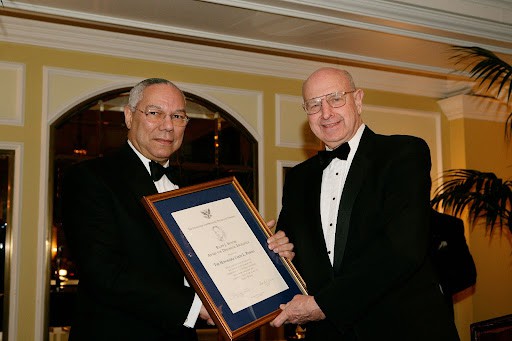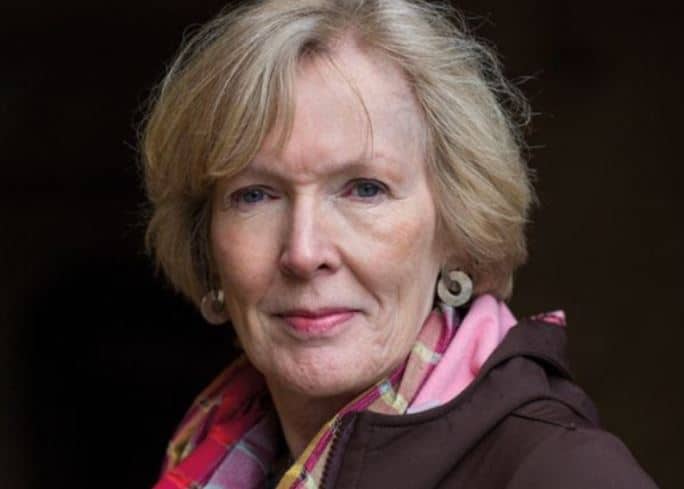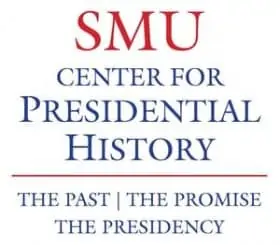Testimonials
“Let me…commend the Association for your diplomatic oral history collections. I’ve enjoyed this resource for its lessons on what has worked, and what hasn’t. In our emerging new world, American diplomats will face a host of rapid changes: twenty-first century technologies, a radically different global demography, new forms of weaponry, [and] climate change…”
Secretary of State George Shultz

“From that simple little Sears cottage that you occupy on what I still call Arlington Hall Station — it’s called something else these days — you do so much. You do so much to make sure that we document the contributions of America’s diplomats over the years. From your oral history programs to the publications programs, and in so many other ways.”Secretary of State Colin Powell
“Collecting oral histories to commemorate the 30th anniversary of the Dayton Peace Accords is essential to preserving the lessons of diplomacy and conflict resolution. This project highlights the pivotal role the accords played in bringing peace to the Balkans.”
U.S. Representative Mike Turner (Ohio – 10th Congressional District)

“The Association has created over the years an invaluable resource for understanding and writing the history of American foreign relations and indeed of the wider international history of the 20th and 21st centuries. The interviews and transcripts that the ADST has prepared …has produced a wealth of material that would otherwise be lost to history. As an historian and commentator who works in international history, I have already benefited greatly from the collection. I have also directed my doctoral students and colleagues to the collection.”Historian and Author Dr. Margaret MacMillan
“I had never thought of diplomats as a source until I met you. Thank you for opening my eyes to a whole other resource! My students are very comfortable using primary sources to research and understand history. It is one thing to study the Vietnam or Korean War from a soldier’s journal or letters or from reading newspaper clippings or watching broadcasts … My students were highly engaged when they had the opportunity to study Vietnam from a diplomat’s point of view.”
Anne Walker, Teacher at Benton Middle School, Manassas, Virginia

“First-hand American accounts are also to be found… in the underutilized but illuminating oral history records of the Association for Diplomatic Study and Training”Jeffery M. Engel, SMU Professor and David Gergen Director of the Center for Presidential History
